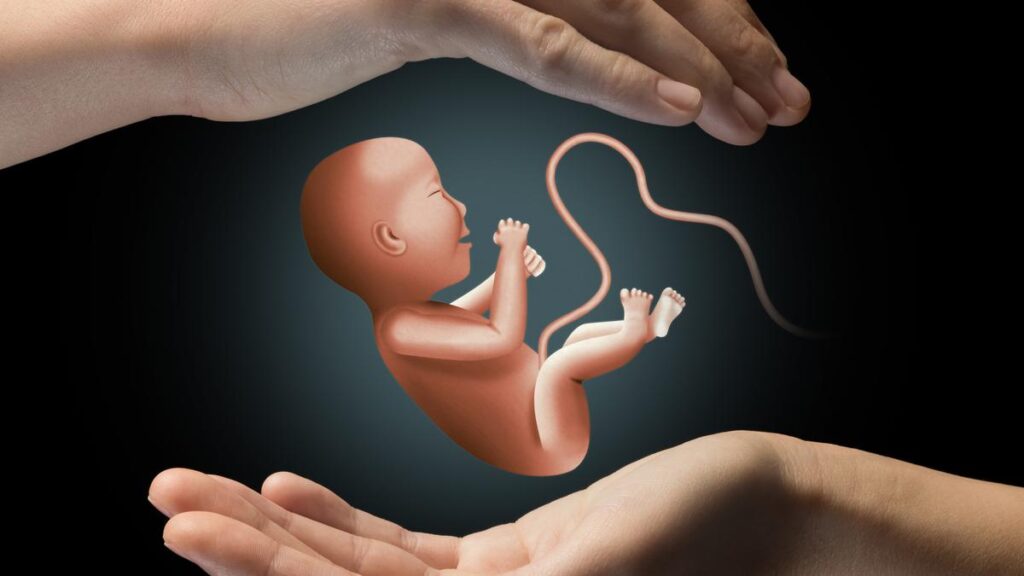970x125
The male partner plays a central role in the IVF process. Image used for representational purposes only
| Photo Credit: Getty Images/iStockphoto
970x125
Usually, in conversations around IVF (In Vitro Fertilisation), the focus is primarily on the woman’s role. However, male participation is equally important in IVF, both physiologically and emotionally. The active involvement of men can increase the overall success rates of IVF and reduce the stress on the woman partner, leading to better outcomes as a couple.

The role of men in IVF
The male partner plays a central role in the IVF process. Semen analysis is one of the first diagnostic steps to identify problems leading to infertility, especially if the female partner’s tests are normal. Optimisation of male parameters is of paramount importance. Lifestyle changes, oral medications and, if required, surgical procedures such as microsurgical varicocele repair can help in improving sperm parameters and thereby, the overall success rates of IVF.
Another important requirement for the male partner in IVF treatment is to provide a good semen sample on the day of egg pickup. Some men may not be able to provide this semen sample on the day of egg pickup despite being healthy otherwise, or even with normal semen parameters. Techniques like TESA (Testicular Sperm Aspiration) or PESA (Percutaneous Epididymal Sperm Aspiration) can help overcome this situation. In men with azoospermia, advanced sophisticated procedures like Micro TESE (microsurgical testicular sperm extraction) can help in retrieving sperm.
This highlights the fact that men’s biological contribution is crucial and as necessary as that of their female counterparts, for successful IVF and embryo development.
Also Read: IVF is expensive. Can recent cost-cutting technologies make a difference?
The emotional role
Men’s emotional support plays a critical role in the overall success of IVF. The entire IVF process can be emotionally taxing for women. When male partners get involved in consultations, discussions and decision making, it fosters better communication, helping women to handle their stress better.
For a successful IVF journey, men should adopt the following healthy habits:
-
Maintain a balanced diet rich in antioxidants (like vitamin C and E, zinc and selenium).
-
Avoid smoking, alcohol and recreational drugs since they negatively impact sperm count, motility, etc.
-
Exercise regularly to boost testosterone.
-
Avoid excessive heat exposure (like hot tubs and tight underwear) that can negatively affect sperm production.
-
Manage stress through meditation or counselling, since cortisol, or the stress hormone, can affect hormone levels.
-
Get enough sleep every day and have annual checkups, especially for conditions including diabetes and thyroid issues which can affect fertility.

AI tools are being developed to predict IVF outcomes in men with infertility.
Male participation in IVF therefore, is not just supportive in nature – it is fundamental to the treatment’s success.
(Dr.Vilvapathy S. Karthikeyan is a microsurgical andrologist and urologist, Apollo Fertility, Anna Nagar & Karapakkam, Chennai. contactus@apollofertility.com)
Published – July 29, 2025 06:35 pm IST
970x125

